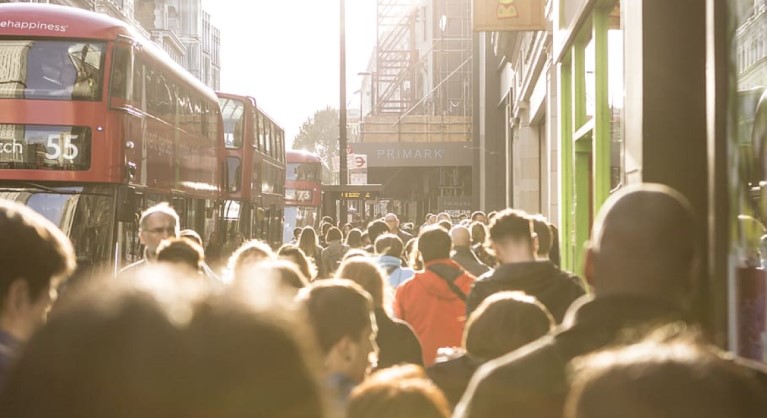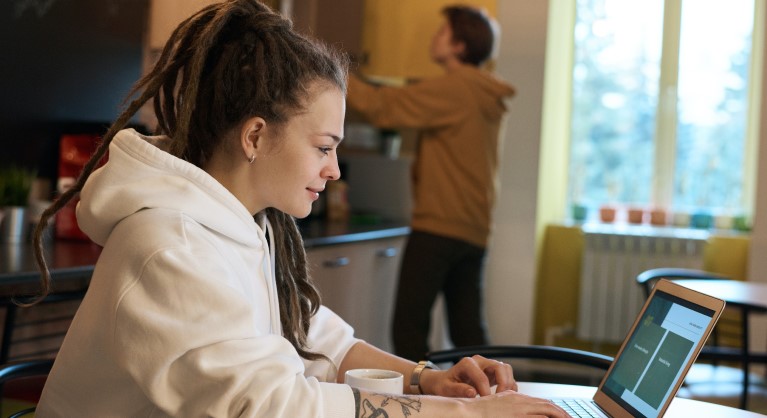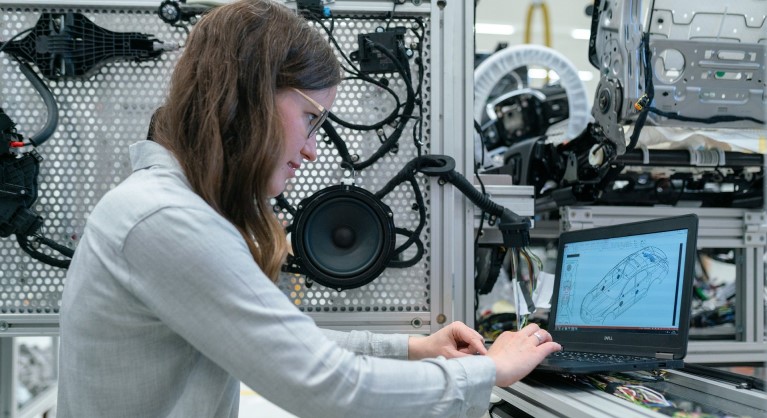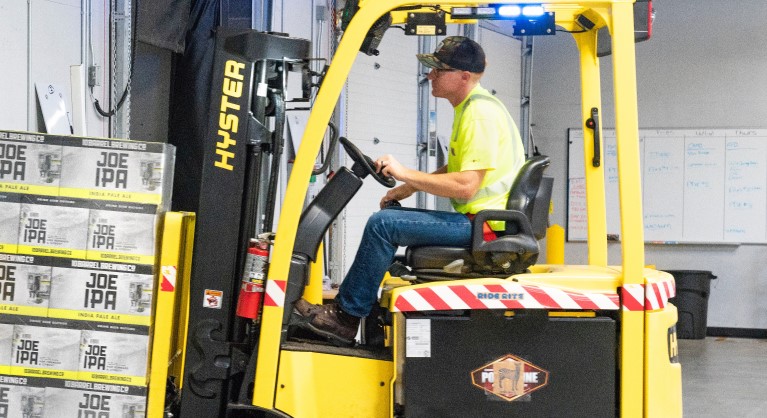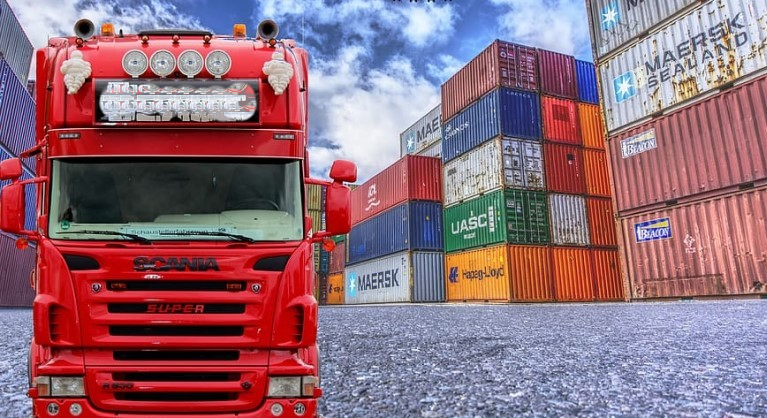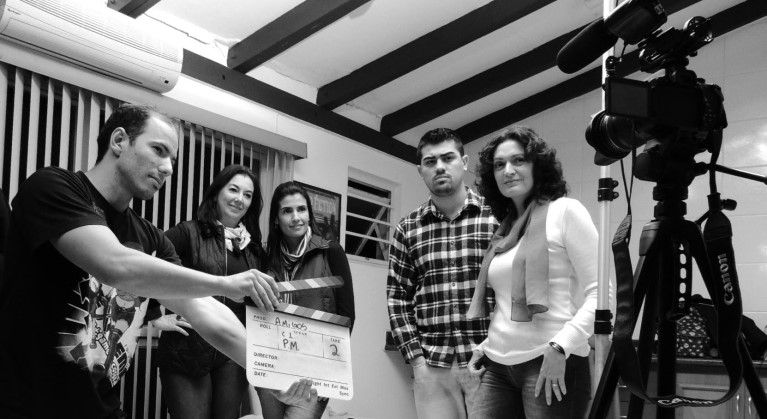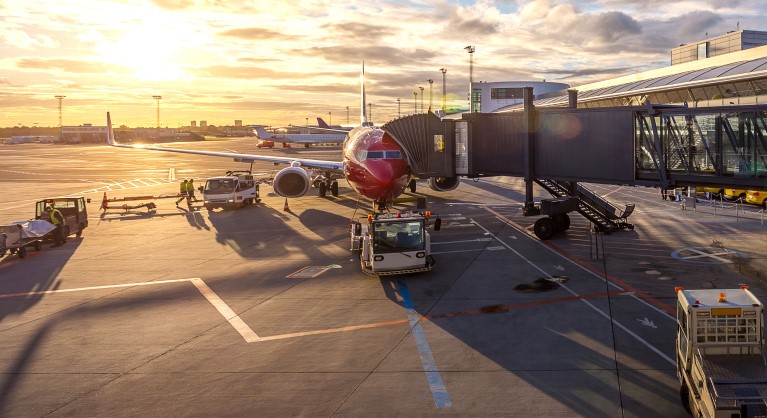The impact of Covid-19 on work, the economy and industry
New report reveals the impact of Covid19 restrictions on mid-career graduates
A Warwick report captures the impact of the pandemic on a national sample of graduate workers in their early thirties. It illustrates how the pandemic affected these mid-career graduate workers’ economic position, reshaped their motivations and aspirations and affected their mental health. The report also highlights challenges and considerations for employers as they adapt working conditions and practices to the post-pandemic landscape.
Carrying the work burden of the Covid-19 pandemic: working class women in the UK
Research has explored Covid-19's impact on working class women. The pandemic has highlighted the essential yet under-valued work performed by working class women. It both exposed and intensified gender and class inequalities that impact the women’s working lives, resulting in job and financial insecurity, heavier care responsibilities and challenges managing unpaid work with paid work.
Digital supply chain visibility is needed to rebuild after Covid-19
Covid-19 has severely disrupted supply and demand. Companies without supply chain visibility have struggled to adapt. WMG research revealed that lack of visibility and workforce issues are creating the biggest supply chain bottlenecks. To help manufacturers assess supply chain needs, WMG helped design a digital readiness tool to enable them to assess their current supply chain to see where they are now and where they need to be.
The Covid-19 pandemic vs the Great Recession and their impacts on labour markets
The pandemic has created a major widespread economic shock. The new Covid-19 recession is likely to be very different to those that have gone before. As we attempt to devise the best policy response to the economic consequences of the pandemic, it’s useful to compare current dynamics to the early phases of the most recent severe downturn - the Great Recession of 2007 - 2009.
Helping keep Tetley tea on shelves during the first wave of the Covid-19
During the UK's first lockdown, panic buying of essential items - including tea - caused massive spikes in demand. WMG researchers analysed Tetley’s sales and stock data to create a demand profile for the company. They identified an optimal level of utilisation for fluctuating demand - helping keep the company competitive. This demonstrated how a flexible supply chain can be used to react quickly to the market and enhance market performance.
Covid-19 and job-related health - how can we make healthier workplaces for all?
The pandemic has exposed job-related health risks leading to frontline health worker fatalities, and worsened physical and mental health for other workers. Solutions to health problems caused by jobs tend to be remedial - dealing with symptoms rather than causes. Many workplaces didn't enter the crisis in a position of strength with regards to worker health. So is it time to rethink the design of jobs so that they deliver good health for the workforce?
Productivity in a time of coronavirus
How much work have you done today? Have you been ‘productive’? What does it even mean to be productive? Most of us are adapting to a new unstructured work life, without the familiar patterns of commuting, offices and working hours. Even those who are used to working from home now find their home office invaded by other family members. Hear from Dr Chris Bilton from the Centre for Cultural and Media Policy Studies.
Covid-19 and the implications for innovation
What are the wider consequences of the crisis for innovation in the UK? Will positive collaborations between organisations inspire broader innovation in the economy, or will the financial pressures on firms have a more negative effect? How will this affect both smaller and larger firms, and should they invest in innovation in periods of crisis? Professor Stephen Roper investigates the wider consequences for innovation in the UK.
A new definition of 'essential work' - from hedge funds to logistics
During the pandemic, the word 'keyworkers' entered our lexicon, but how do we define essential work? Many of the roles that are described within the “essential services” arena, have often been dismissed as “low skill” or “low wage.” Essential work is easy to understand as a concept, but both difficult to define and actually see. It impacts both the products and services we consume.
What does coronavirus mean for our supply chains?
Our manufacturing supply chains are critical to life, and in some instances, responded well to the pandemic - but in terms of oxygen, PPE, ventilators and hand sanitisers, the UK lacked capacity. So, what can we learn and how can we make supply chains resilient to future crises? Professor Jan Godsell from WMG examines the impact of the pandemic on supply chains.
How has coronavirus impacted the creative industries?
The lockdown has exposed the precarity of workers in the creative industries, with freelancers hit particularly hard. So, what can we learn and why do we need to rethink the way that we value cultural and creative work? Dr Heidi Ashton from the Centre for Cultural and Media Policy Studies explains how the pandemic has affected the arts and creative sector.
Coronavirus and the future of aviation
Professor Loizos Heracleous from Warwick Business School explains how Covid-19 has impacted aviation. Aviation is a systemic industry, supporting tourism, hospitality, manufacturing and many other sectors. But recently many airlines have reduced both employee numbers and flights. But can crisis spur innovation? What does the future hold for the industry and will it fully recover?
The cultural sector after Covid-19
From cinema, to theatre, to new digital streaming, to book publishing, how will Covid-19 impact the creative industries? Chris Bilton from the Centre for Culture and Media Policies talks to leaders in the arts and creative industries about life under lockdown and life after lockdown - what’s changing, and what needs to change in the cultural sector after the pandemic.




